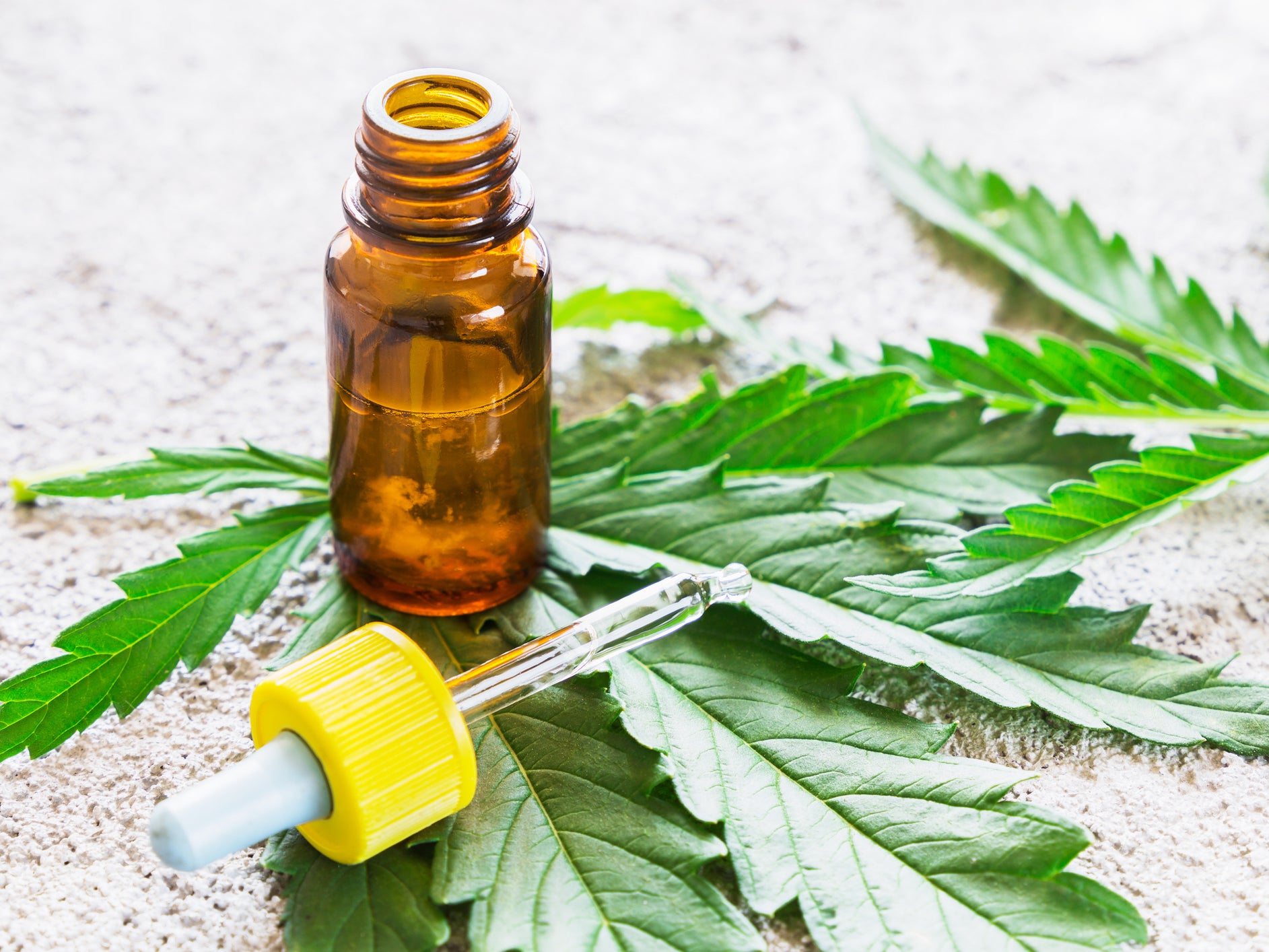More and more often, a new product, CBD oil, has been reported among parents of children with epilepsy, which in some cases has been more effective in reducing the number of patients with less side effects than prescription drugs. The following compilation was made for parents who want to learn more about it. The use of https://www.synervacbdoils.co.uk. is important there.
What is Cannabidiol (CBD)?
Cannabidiol, or CBD, is one of the active ingredients of the hemp plant, and its consumption does not involve any consciousness-altering effects, so it cannot be “pushed”. Hemp is one of the oldest crops that people have been using for thousands of years to make tissues and ropes from fiber, resin (hashish) and inflorescences (also called marijuana) used as analgesic, sedative and appetizing medications.
More than 70 active ingredients of cannabis (so-called cannabinoids) have been identified so far. The most well-known active ingredient is THC, which is responsible for the cannabis-modifying effects of cannabis.
In addition to THC, however, other non-sensitizing agents include hemp, such as CBD and CBDV, which are known for their anticonvulsant and anxiolytic properties. There are plant varieties and hemp formulations that contain THC only in very small amounts while CBD is present in higher amounts.
How does the CBD work?
The human body naturally produces cannabinoids, these are called endocannabinoids. They often exert their effects on specific nerve endings, CB1 and CB2 receptors, and can play a role in controlling mood, appetite, pain and attention. CB1 receptors are mainly found in the central nervous system, and CB2 receptors are found in the immune system. The active ingredients of the cannabis plant, such as THC, are mostly attached to these receptors. CBD works less on the two known receptors but acts on substances that block/stimulate receptors.
What diseases are suitable for healing?
Scientific evidence suggests that cannabis can be used effectively in an appetite suppressant and anti-emetic, such as a cancer patient receiving chemotherapy. It has been shown to be effective in relieving seizures in patients with multiple sclerosis, in the alleviation of various chronic pains: neuropathic pain, fibromyalgia (total body pain), rheumatoid arthritis (an autoimmune disorder associated with inflammation of the joints). Cannabis can also be used to treat glaucoma, although there are more effective alternatives. A high-potency CBD-containing cannabis extract for the treatment of Crohn’s disease and epilepsy has been shown to be a promising drug, with some laboratory studies showing that it has cancerous properties.
Is CBD healing epilepsy?
Laboratory research has shown that certain active ingredients of cannabis, CBD and CBDV, are effective in relieving seizures in patients with epilepsy, and have reported success in treating epileptic conditions in childhood (eg Dravet, Lennox Gastaut syndrome) with high CBD oils. It is not known exactly how much the placebo effect is. According to some researchers, however, CBD may not only have a beneficial effect on epilepsy but may also worsen its symptoms in a minority of patients. The CBD is not a panacea: it doesn’t work for everyone! But many epileptic patients and their relatives may have a significant improvement in the quality of life.

Leave a Reply
You must be logged in to post a comment.